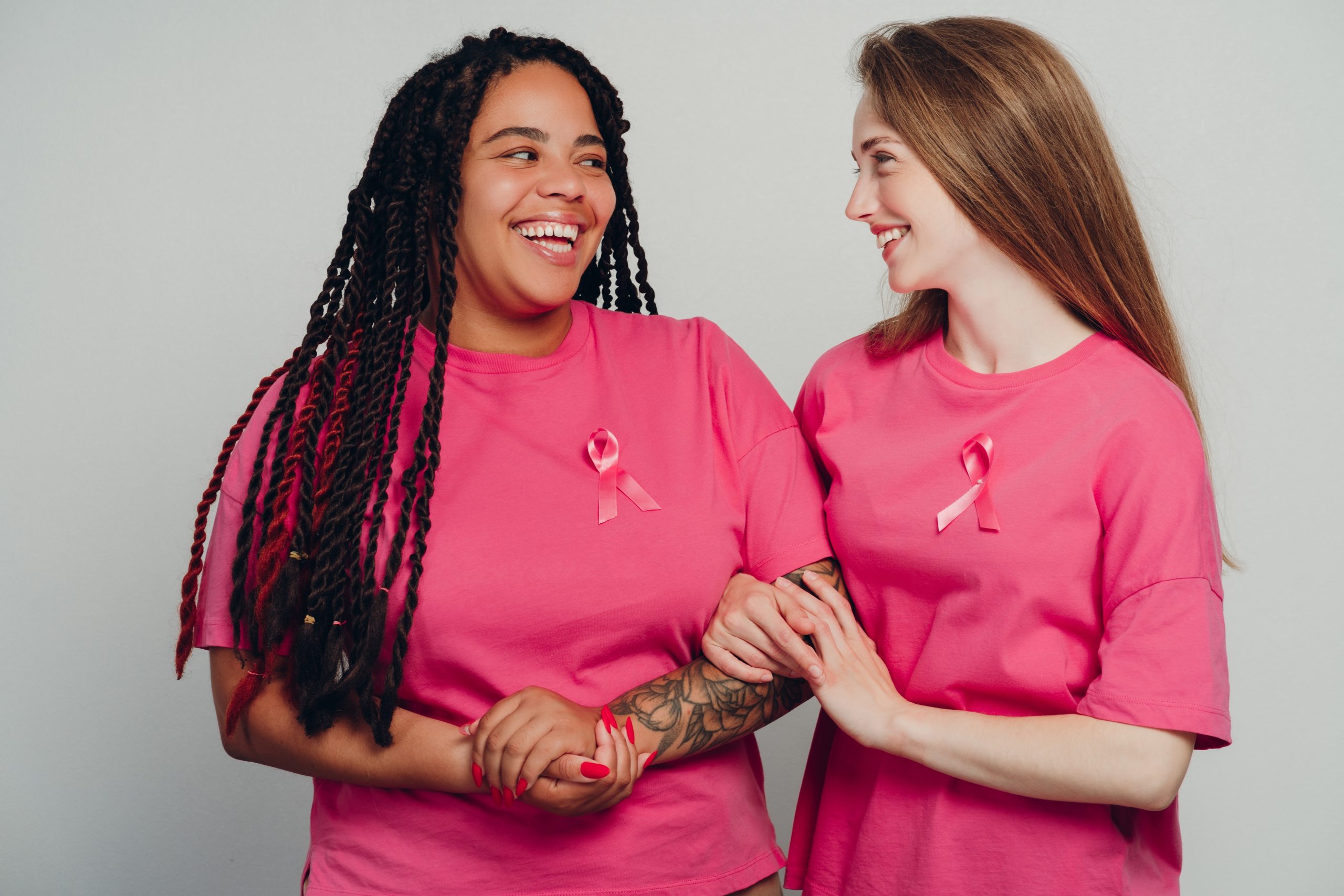When we talk about breast cancer screening, we often think of the mammography appointment itself—a scan, a result, a next step. But the journey toward early detection starts long before then. It starts in the exam room (or video visit) with your primary care doctor.
Primary care physicians (PCPs) play a critical role in catching breast cancer early—when it’s most treatable. And they do that not just through referrals, but through conversations, listening, and relationship-based care.
Where screening really begins
Many people assume screening is only about imaging. But a doctor’s first—and sometimes most powerful—tool is asking the right questions. During routine visits, your PCP is gathering key information that helps determine your personal breast cancer risk.
This includes:
- Family history of breast or ovarian cancer
- Genetic predispositions, like BRCA mutations
- Lifestyle factors such as alcohol use, smoking, and physical activity
- Reproductive history, like age at first period or menopause
Even if you’re feeling fine, these risk factors matter—and they might not come up unless you’re seeing a primary care doctor regularly.
So when should screening start?
This is one of the most common questions—and one filled with myths. Many people think: “I feel healthy. I don’t have a lump. So I don’t need a mammogram yet.” But breast cancer often has no symptoms early on, and waiting until there are signs can mean finding it later, when treatment is harder.
The latest U.S. Preventive Services Task Force guidelines recommend:
- Women at average risk begin screening mammograms at age 40, every 1–2 years
- Those at higher risk may need to begin earlier—or get additional types of screening
Your primary care doctor can help assess that risk and create a personalized screening plan that’s right for you.
The bottom line: See your PCP sooner, not later
Early detection doesn’t just happen. It’s built through ongoing relationships, open conversations, and access to the right care at the right time. Your primary care doctor is your first line of defense—not just in breast cancer screening, but in keeping you healthy overall.
Take the next step: Book your primary care visit
- If you’re 40 or older, it’s time to start mammograms.
- If you’re under 40, your doctor can help determine when and how to start screening—especially if you have a family history or other risk factors.
- And if you’re in survivorship, your PCP can help guide what comes next.
Schedule your primary care appointment today—through HealthTap—and build a relationship with a compassionate doctor who sees the whole you, every step of the way. Virtual visits are included as part of CHM membership. Plus, if your HealthTap doctor recommends a mammogram they will work with a CHM nurse navigator to help you find a facility.
Learn more about HealthTap virtual visits here: Healthtap.com/landing/chm/



